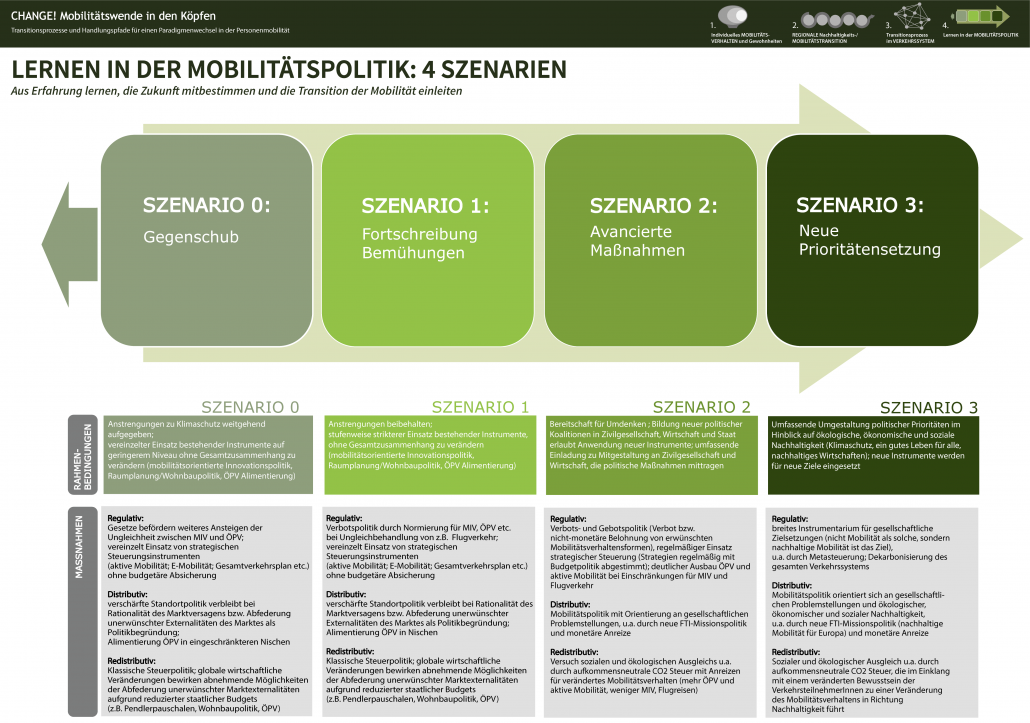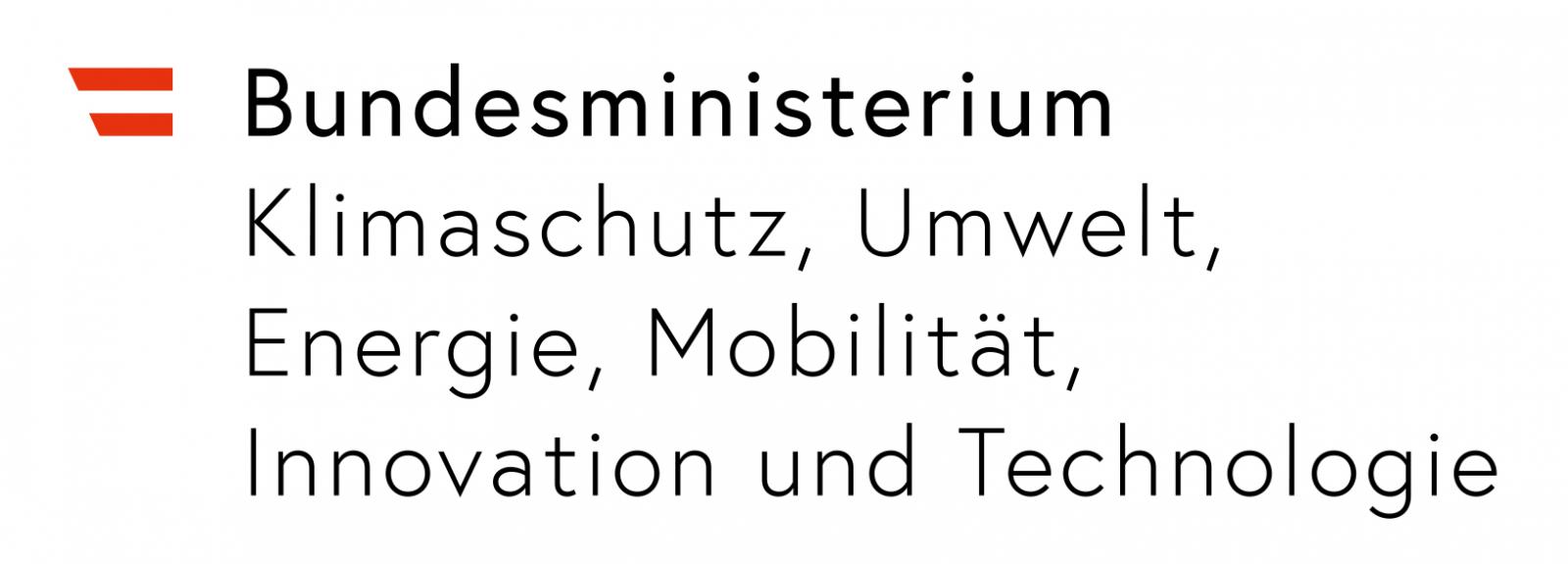
In order to achieve a mobility transition, the level of governance of mobility must not be ignored, i.e. the interaction and decision-making between stakeholders under moderation and guidance by politics and administration. Governance research deals not only with the behavior of individual and institutional actors, but also with the co-ordination of various actors with very different traits, such as ministries, agencies, infrastructure operators, public and private transport companies and research organizations.
Of particular importance here are results from administrative research dealing with the different forms of coordination in the administrative context. Interesting in this context are the conditions that are necessary for the success of governance, such as incentive systems, objectives and processes.
The aim is to develop proposals for action for the governance of transformation processes, which support a person mobility transition with regard to influencing mobility patterns.
The Governance of a Mobility Transition
On the governance level, the mobility transition is a paradigmatic policy change away from a fixation on growth in kilometers or tonnage to questioning mobility‘s very objectives, preferences and technologies. A mobility transition in the best sense can only be achieved by abandoning the idea that economic growth at any price and regardless of its impact can trump social, ecological and economic sustainability issues.
This paradigmatic change in policy requires preparation, and various considerations seem advisable. On the one hand, solutions for alternative forms of mobility in niches can be tested and improved; on the other hand, knowledge about such solutions can be stored and discussed in networks. In addition, it would make sense to form a coalition of actors in which various stakeholders can get to exchange and adapt their points of view. Such a coalition can also prepare a policy change, if it includes key players in the mobility system.



